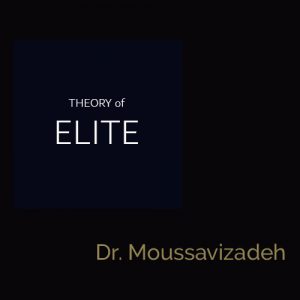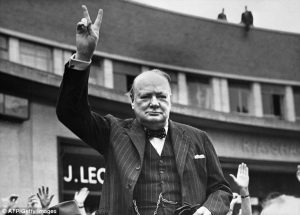Power, and Elite Theories
President Eisenhower spelt out the opportunity cost of modern weapons very clearly when he said, “The cost of one modern bomber is this: a modern brick school in more than thirty cities. It is two electric power plants each serving a town of 60000 population. It is two fine, fully equipped hospitals. It is some fifty miles of concrete highway”.26 Military power is regarded by many not as a means to economic well-being, but as an alternative to it.
There is another fundamental reason why democratic societies feel uneasy about the existence of large amounts of military power in their midst. Their unease stems from a real dilemma: while it is widely acknowledged that military power is necessary to protect democratic states from aggression, it is also recognise that the mere existence of this power in the hands of a few represents an inherent threat to the very democratic values it is supposed to protect. The problem of recognition or striking a balance between the need to concentrate military power in the hands of a few and the need to preserve democratic values is a fundamental one for and democratic state. The political control of the military is almost taken for granted in the United Kingdom where there is a long tradition of political neutrality in the armed services and where the threat of military rule is quite unreal. However, not all states have the same constitutional arrangements. In post-war years, even the United States has experienced grown tension between its large military establishment and its liberal democratic principles. “The ‘Industrial Military’ complex, as President Eisenhower called it, is a verve real symptom of this problem. When ‘Big Business’ and ‘the Military’ become inextricably entwined, an enormous and frightening pressure group was created which, according to some critics, is now so powerful that it dominates large areas of American life and is beyond democratic civilian control”.27
A verve tempting question arises here, and that is: if military power is electorally unpopular and inherently difficult to control then why do governments not abolish it. The answer is that managing without military strength is mare worrying than tolerating the implication of acquiring it. Given the kind of world in which we live military power is regarded by many statesmen as a prerequisite for national survival. Nonetheless it is worth noting that in the modern world, the goals of states are much more concerned with things such as improving trade relations, securing markets, gaining political friends winning the favour of world opinion than using military power as a means of control over population of a territory. Therefore, military power is considered as counter-productive.
In this chapter, various methods of controlling a society have been examined. During the following chapter examination will be made of institutions which decide the direction in which society should be governed, that is to say the power structure.



